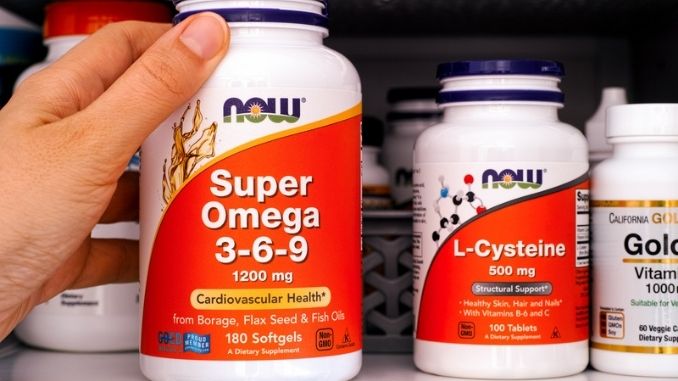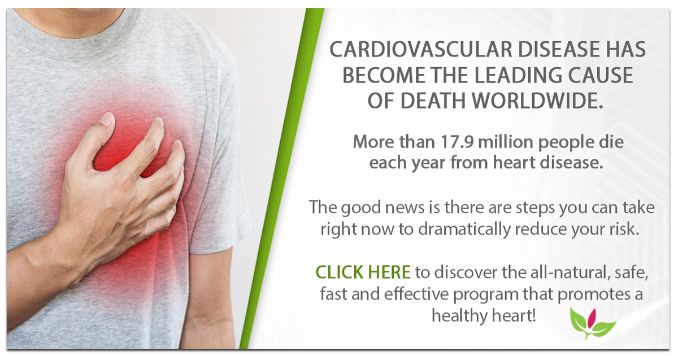Have you ever heard of Omega fatty acids? You likely have, especially if you’re into fitness or wellness.
Omega-3, omega-6, and omega-9 are all types of omega-fatty acids. They’re essential for your health because of their role in creating cell membranes, directing nerve impulses, and providing protection from inflammation.
These two significant fat particles help you live a healthy life. They’re also responsible for many different functions within your cells! Let’s drill down to some of the essential molecules in your body.
Omega-6 Fatty Acid Benefits
Omega-6 fatty acids are an essential part of your body. They regulate genes, promote immune health, and help decrease the symptoms of rheumatoid arthritis or dermatitis.
These are the four types of Omega- 6 fatty acids:
- Linoleic Acid (LA): vegetable oils, nuts, seeds, meats, eggs
- Arachidonic Acid (ARA): meat, poultry, eggs, dairy products
- Gamma-Linolenic Acid (GLA): hemp oil, spirulina or borage oil
- Conjugated Linoleic Acid (CLA): meat, dairy products
Like any other fat in your diet or food supply, fatty acids can be converted into acid by bacteria on your lips, leading to tooth decay if not controlled by normal saliva flow (specifical lipids).
They provide the right balance of linoleic acid and alpha-linolenic acid, which help maintain skin elasticity. By consuming them, you can reduce joint inflammation and heart disease risk factors such as high cholesterol levels.
Your body cannot produce these polyunsaturated fat molecules, so you need to acquire them through food. Their most common sources include meat, poultry, fish, eggs, nuts, and seeds.
Omega-3 Fatty Acid Benefits
Various foods and supplements contain omega-3 fatty acids.
These are the three types of Omega-3 fatty acids:
- Alpha-linolenic acid (ALA): flaxseeds, canola, soybean, pumpkin seeds
- Docosahexaenoic acid (DHA): Seafood
- Eicosapentaenoic acid (EPA): salmon, tuna, mackerel, sardines, shellfish, herring
They help build and maintain your health by providing the structure for every cell wall and being an energy source to keep the heart, lungs, and immune system working correctly.
DHA is the most abundant omega-3 fatty acid in your body. It’s incredibly high in the retina (eye), brain cells, and sperm.
Not only does your body need these fatty acids to function, but the health benefits are enormous.
Omega- 6 and Omega- 3 in the Body
Omega-6 and Omega-3 fatty acids are vital in preventing many diseases, including heart disease.
They can also help prevent diabetes and cancerous cells from growing too quickly.
Omega-3 fatty acids, eicosapentaenoic acid (EPA), and docosahexaenoic acid (DHA) can be synthesized from alpha-linolenic acid (ALA). Low conversion rates, however, suggest that these types of fat should also be eaten. Plant oils such as those found in seeds or plants contain high amounts of Alpha-Linolenic Acid, while animal sources tend to have more Linoleic Acids. This includes red meats like beef, but chicken will also give you a good amount of alpha-linolenic.
The Omega-3 to Omega-6 Ratio
We currently consume four times more Omega-6 than Omega-3, but the optimal ratio is estimated at 2:1.This means people should eat more fish oils for health benefits.
This concept was based on data showing an increase over time for linolenic acid (LA) compared with alpha-linolenic acid (ALA) intake and a corresponding decrease among those who consume more than average amounts of these two types. This has led some experts to believe this could pose problems with cholesterol levels or other health concerns related to dietary fats.
No one can predict heart disease risk, but many experts now believe what matters more is simply having enough Omega-3s in your diet to maintain a healthy status quo or better.
The Difference between Omega-6 and Omega-3 Fatty Acids
Mainly marine animals contain Omega-3 fatty acids, whereas land animals contain Omega-6 fatty acids.
Omega- 3 fatty acids are more beneficial to your body because these fats help reduce inflammation, lower blood pressure levels, and promote heart-healthy cholesterol metabolism.
A diet that does not include these essential nutrients may lead to fish odor (gastrointestinal), depression, dementia, and heart disease in adulthood or neurodevelopmental delays during childhood development stages of mental skills like speech.
Vegetable oils, meat products, and hydrogenated fat often contain omega-6 fatty acids. This is the most common type of fat in our diet, but they’re also considered “bad” or potentially harmful.
Some people associate this with inflammatory conditions like arthritis, but there appears to be controversy about whether it causes or prevents eczema when applied topically during skin examinations.
The body requires some Omega-6 fatty acids to maintain normal cells and tissues, while overdoing it could damage your heart’s rhythm entirely.
Omega-6 and Omega-3 fatty acids both play an essential role in your diet. Omega-3 helps lower inflammation in your body and reduces the risk for chronic diseases like heart disease or diabetes. Omega 6 does not have these benefits, so it is essential to maintain a healthy balance between these two fatty acids.
You can take safe and natural steps to reduce your risk of cardiovascular disease significantly. Click here to learn more.












